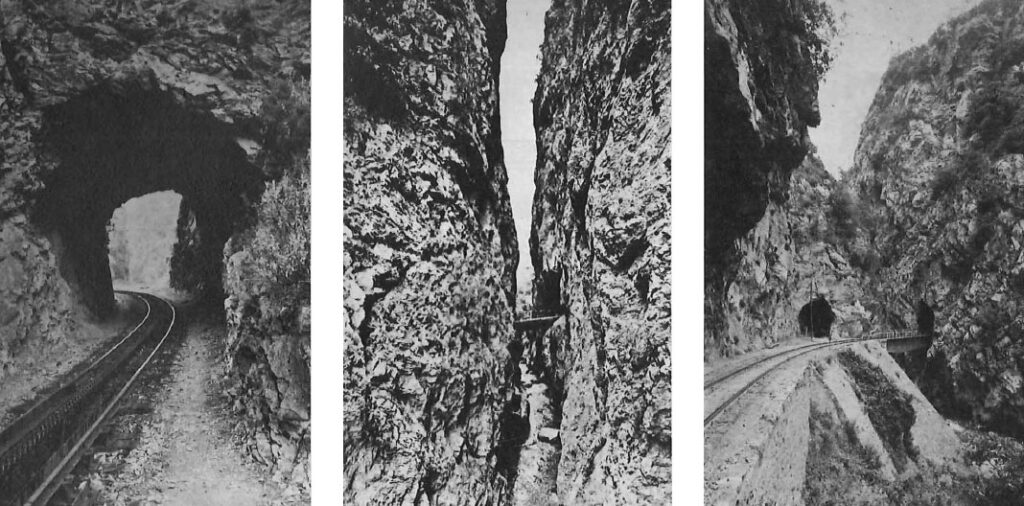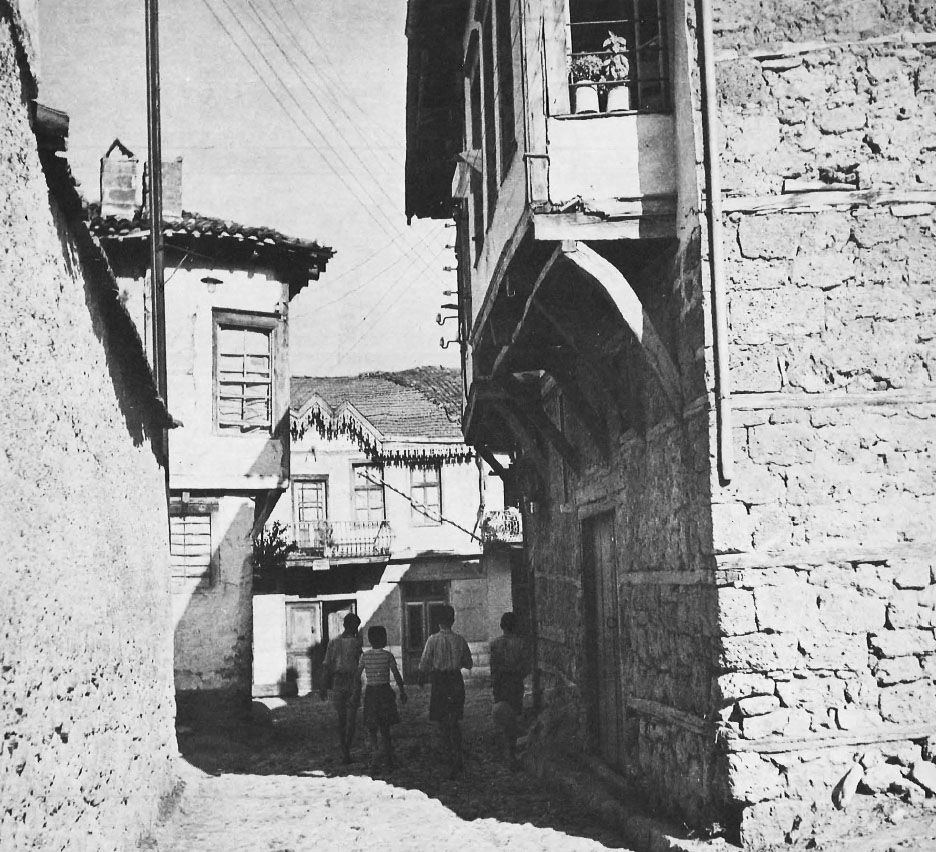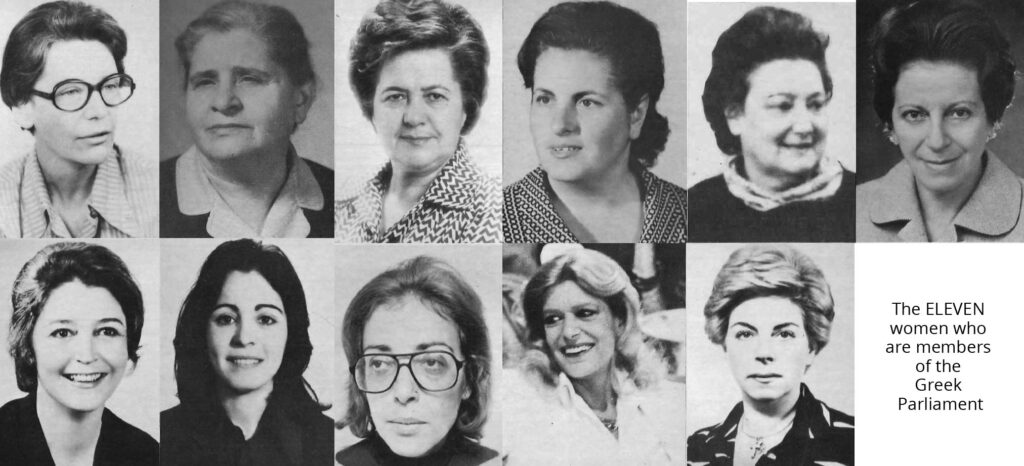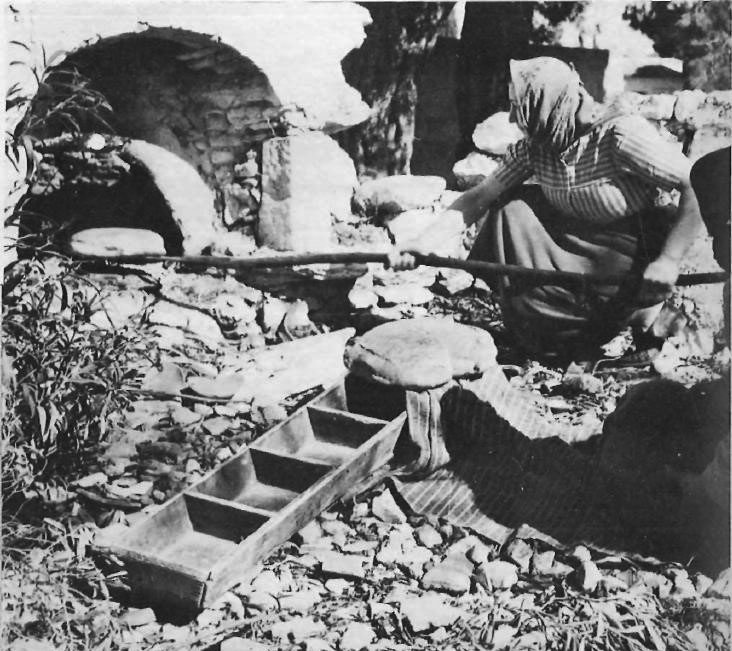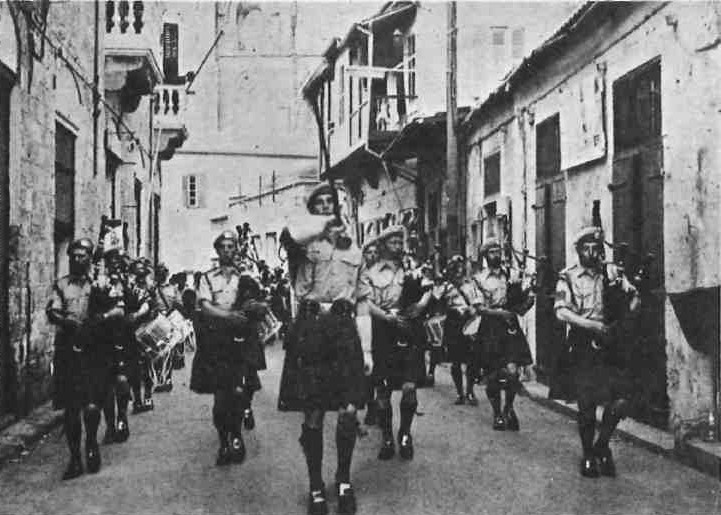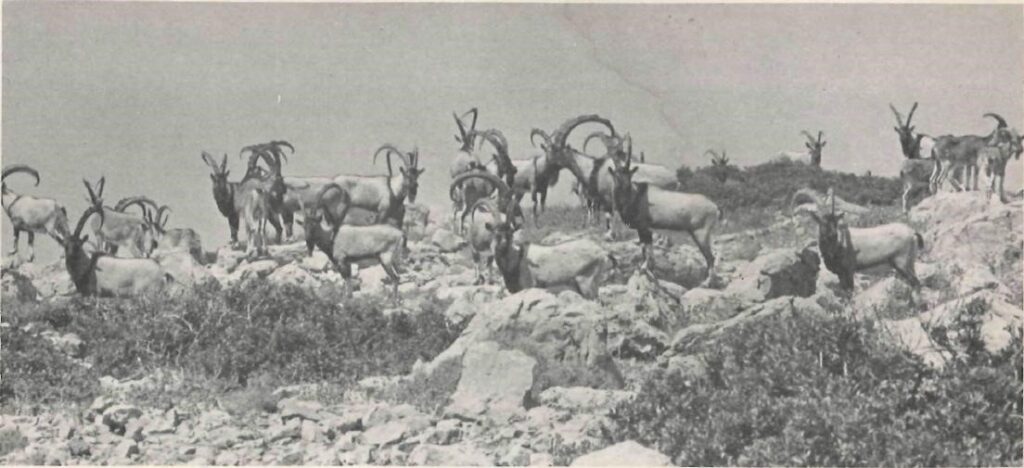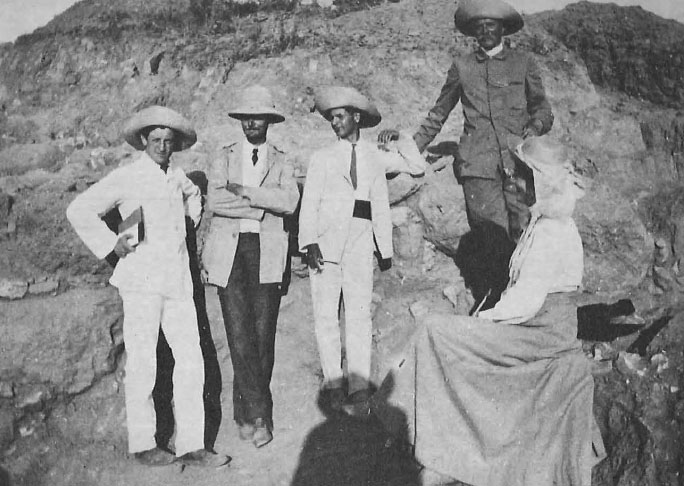The Athens-London Express
The bus trip from Athens to London had been all that was promised: fifty hours for fifty-five dollars, non-stop. My two sisters and I and a friend had set off in good spirits with four chickens, forty hard-boiled eggs, five pounds of raisins and nuts, and innumerable oranges. Except for occasional grouses about the temperature of the interior of the bus and one thirteen-hour stretch when our stoical driver chose not to stop, all went well. So a month later in London, faced with a choice of how to get back to Athens, I succumbed to my dislike of flying and decided to do it again. Alone this time. I called and got the last seat on a bus leaving the next day.

